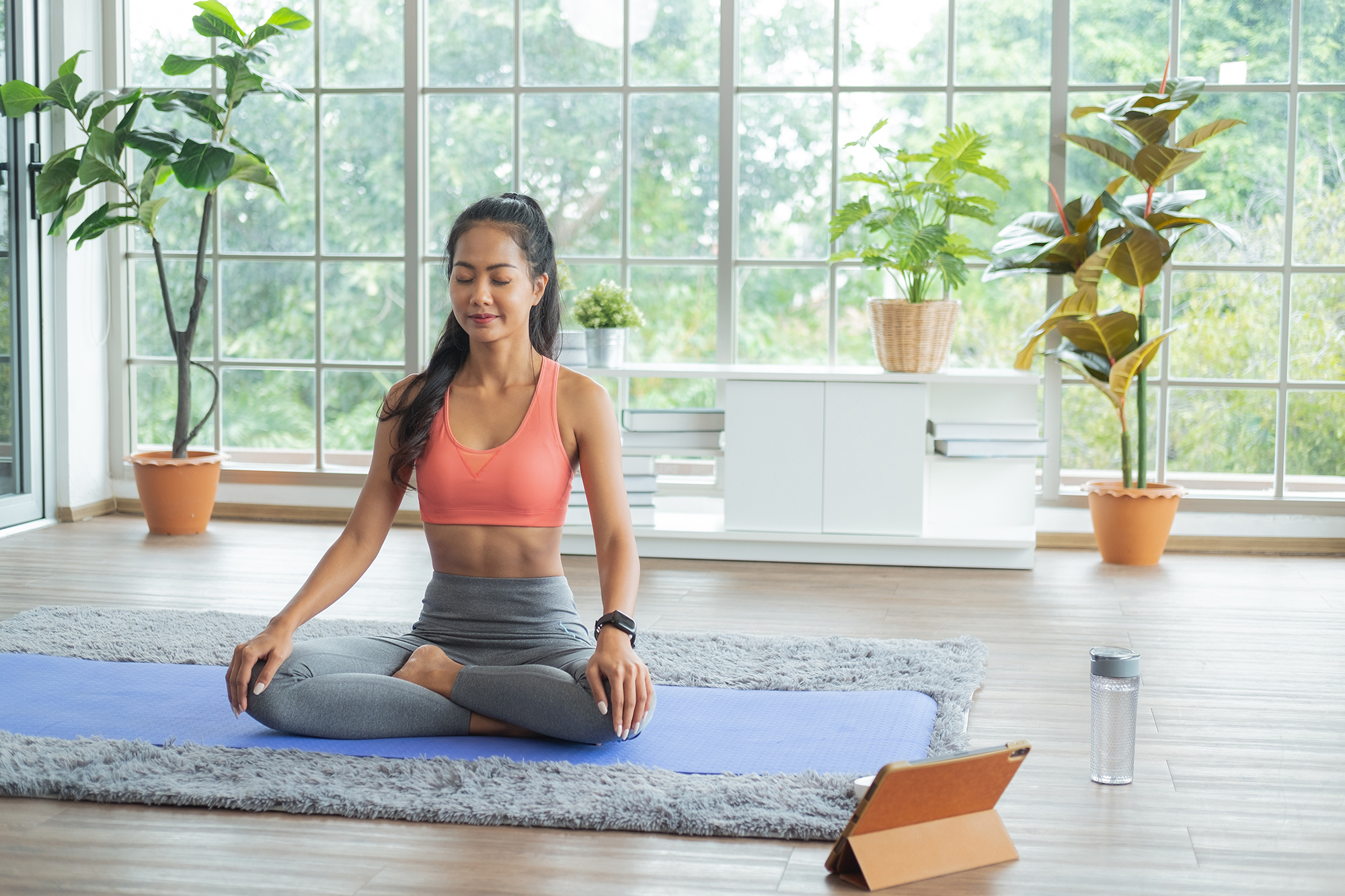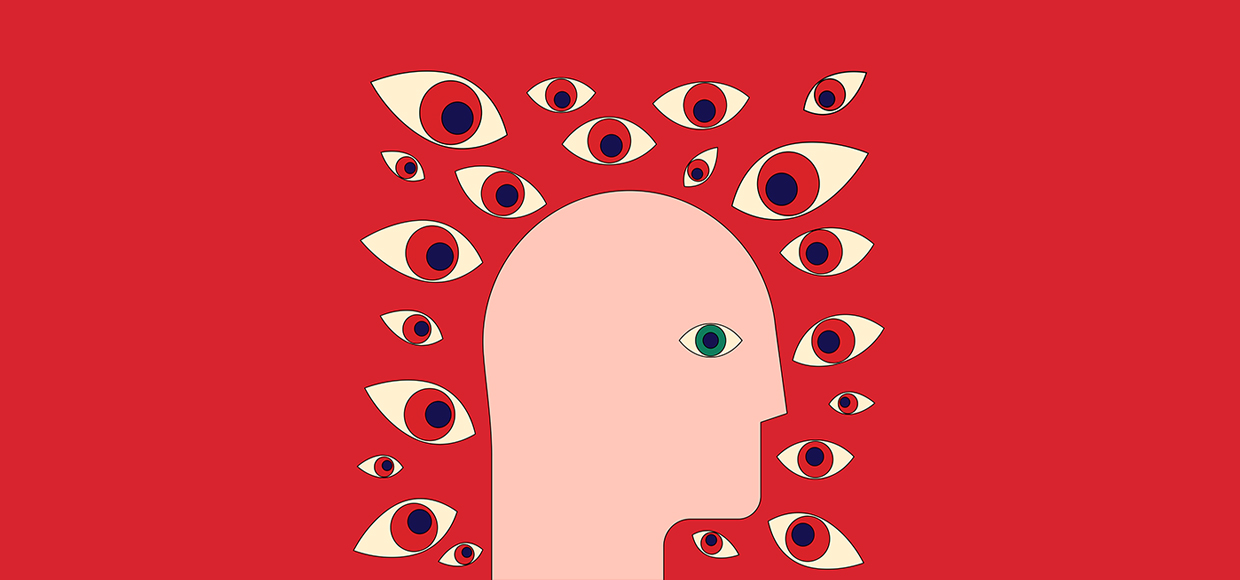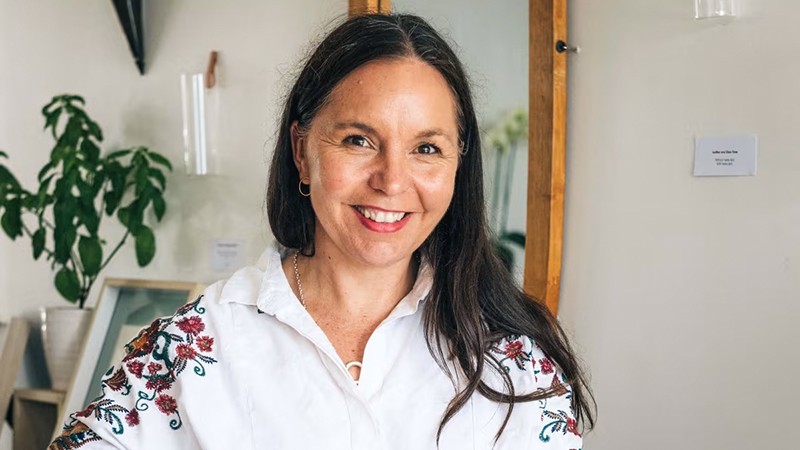We all know exercise and eating well are good for us. When it comes to these, we often think about avoidance goals. like avoiding the effects of ageing or weight gain. Those motivations can carry a lot of psychological baggage, especially for women.
Considering the links between physical and mental health in a more nuanced, comprehensive way may help you engage in more of the behaviours that benefit both, without the negative associations. What are the links between physical and mental health we don’t tend to think about?

1. Consider physical causes when your mood feels flat
When our mood and energy are low, our behaviour gets more disregulated. For example, you have a goal for your Saturday, but it doesn’t get done and rolls over from weekend to weekend. When we’re not behaving in line with our goals and values, we ruminate on “why?” e.g., “why am I so useless?” When we get into this mindset, sometimes we forget to consider physical factors that could be contributing, like low iron, low B12 or thyroid issues. Chronic even low-level pain can affect people’s mood and energy. Even constipation can affect mood. If your mood and energy are low, talk to your GP about potential physical causes. If you’re under extra stress, consider taking a broad-based micronutrient supplement. The University of Canterbury’s Dr Julia Rucklidge has studied the benefits of this extensively, and her findings are summarised in her book, The Better Brain. For chronic pain, psychological treatments (such as acceptance and commitment therapy) can be helpful. As a stressed uni student, I suffered from chronic wrist and shoulder pain for years, but since I’ve gained more control over my life and mental health, I no longer do.
2. Get recommended health screenings to bolster self-worth
Our behaviour influences our thoughts and feelings (probably more than the reverse, which surprises people). Getting all your recommended health screenings – mammograms, colon screenings, trips to the dentist – is a good way to feel like a competent adult. Beyond this, an overlooked but important psychological link is that if you act like you’re worthwhile, you’ll feel more worthwhile. Looking after your physical health can bolster your general sense of self-worth. Another psychological benefit? Getting physical health screenings regularly can help you develop the habit of non-avoidance.

3. Use physical activities to provide a sense of personal growth
Humans feel like their lives are on track when they sense they’re growing rather than stagnating. To achieve that, people sometimes set goals, like running a half marathon. That doesn’t appeal to everyone, and for some people, such an achievement-orientated approach to exercise might not benefit their mental health. But, how else can you achieve a sense of growth from physical activities? One route is novelty – try different activities, take walks in new places, be physically active with different groups of people. New-to-us activities stir a diverse range of emotions, from awe to pride to frustration, and many more. The more you experience a diverse range of emotions (and recognise each individual one), the better you get at managing them, which improves resilience.

Another way physical activities can help you grow is if you choose those that will improve your creativity. Walking in nature boosts creativity, but so does any activity in which you let your mind wander, like painting a fence (without listening to a podcast!). If you do physical activity to reap creativity benefits, know what you want to parlay that into. Do you want to be more creative at work, in a hobby, in your parenting or in managing your finances and life decisions? Your choice.





